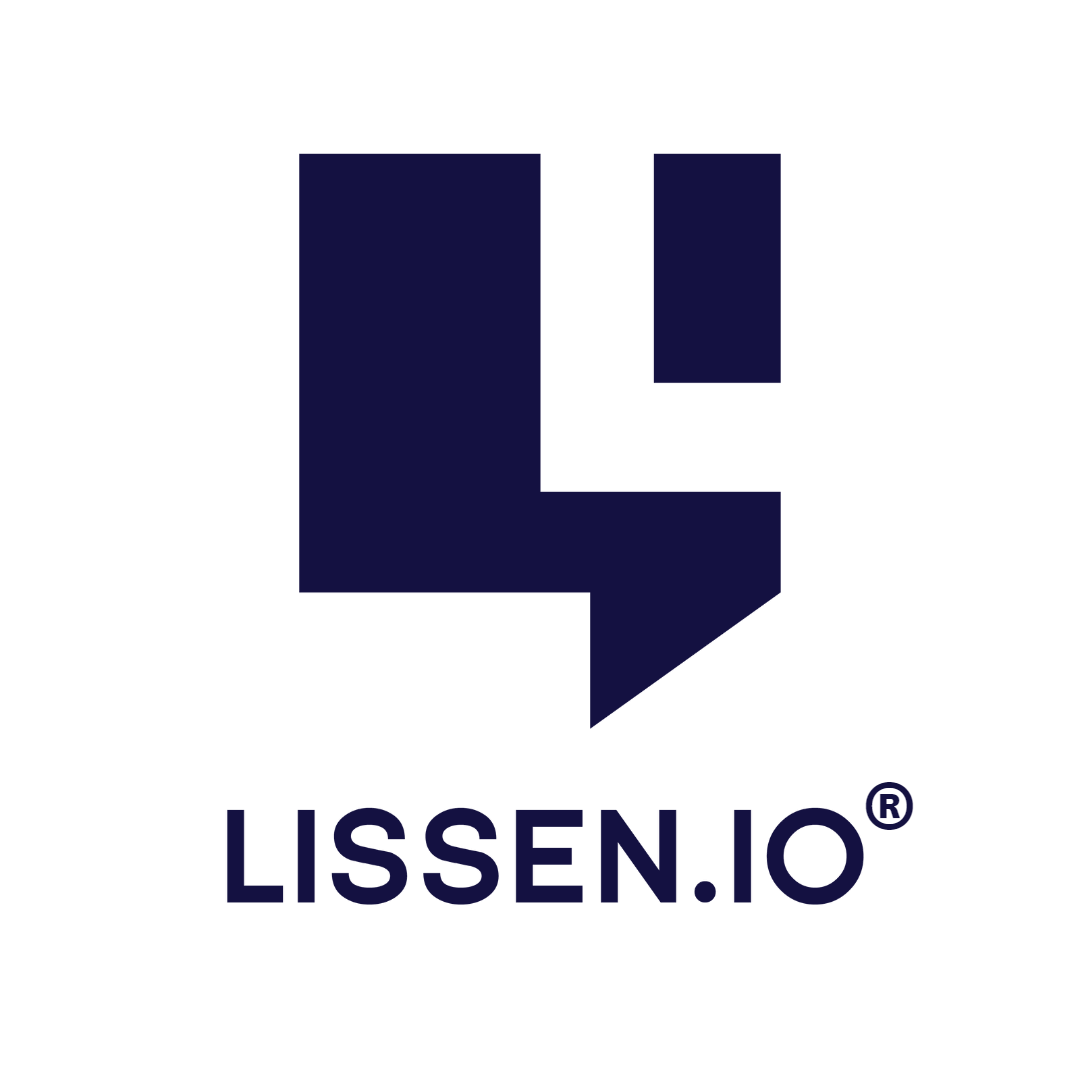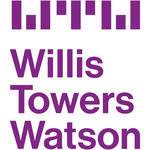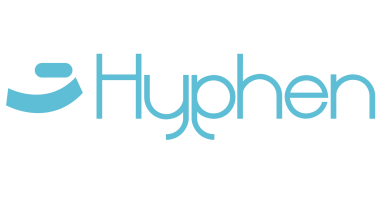Description

OneUp Sales

Trust Impact
Comprehensive Overview: OneUp Sales vs Trust Impact
As of my knowledge cutoff in October 2023, here's a comprehensive overview of OneUp Sales and Trust Impact, specifically focusing on their functions, target markets, market share, user base, and differentiating factors.
OneUp Sales
a) Primary Functions and Target Markets:
-
Primary Functions:
- OneUp Sales is a sales performance management platform that focuses on gamification, leaderboards, and data analytics. It aims to enhance sales team productivity and motivation by turning sales activities into competitive games.
- It offers features like sales dashboards, live data feeds, custom competitions, and integration with CRM tools to provide real-time sales insights.
-
Target Markets:
- The primary target market for OneUp Sales is small to medium-sized enterprises (SMEs) and sales-oriented teams within larger corporations.
- It is particularly appealing to industries with a strong sales component, such as technology, finance, real estate, and insurance.
b) Market Share and User Base:
- OneUp Sales is considered a niche tool within the broader sales performance and gamification software markets.
- Its user base primarily comprises SMEs and specific sales teams, so while it may not have a dominant overall market share compared to larger CRM platforms, it holds a strong position in the gamification space.
c) Key Differentiating Factors:
- Gamification Focus: OneUp Sales sets itself apart with its strong emphasis on gamification, which is a unique value proposition for companies looking to motivate their sales teams through competition and engagement.
- Ease of Integration: Its ability to seamlessly integrate with existing CRM systems makes it an attractive option for businesses that want to enhance their current systems without overhauling them.
Trust Impact
a) Primary Functions and Target Markets:
-
Primary Functions:
- Trust Impact is a platform designed to help organizations measure, manage, and enhance trust within their company and with external stakeholders.
- It provides tools for conducting trust audits, analytics for trust metrics, and strategies for building and maintaining trust.
-
Target Markets:
- Trust Impact targets large enterprises and organizations with complex stakeholder networks, including corporations in sectors like finance, healthcare, and government.
- It also appeals to companies focused on corporate governance and social responsibility.
b) Market Share and User Base:
- Trust Impact operates in the niche market of organizational trust and governance, which is a growing area but still relatively specialized.
- Its user base is smaller compared to broader enterprise software but includes high-profile and large organizations that prioritize trust and governance.
c) Key Differentiating Factors:
- Focus on Trust Metrics: Trust Impact differentiates itself by specializing in trust auditing and metrics, whereas many business intelligence tools focus on financial or operational data.
- Strategic Insight: It offers in-depth strategic advice and frameworks for improving trust, which is not typically the focus of many analytics or performance management tools.
Comparative Analysis:
-
Scope and Application: OneUp Sales is primarily about enhancing sales performance through gamification, whereas Trust Impact centers around enhancing organizational trust. Therefore, they serve very different business functions and target different executive interests within an organization.
-
Market Niches: Both tools cater to niche markets; OneUp Sales is more about internal motivation and performance, while Trust Impact is about external and internal trust metrics.
-
Adoption and Impact: Each product's impact and adoption depend on an organization's specific goals—whether they aim to boost sales team performance or strengthen trust relationships.
Given the specialized nature of these tools, organizations choose them based on specific strategic priorities—driving sales and engagement for OneUp Sales and building trust for Trust Impact.
Contact Info

Year founded :
Not Available
+44 330 808 3310
Not Available
United Kingdom
Not Available

Year founded :
2019
+44 78 0096 2506
Not Available
United Kingdom
http://www.linkedin.com/company/trust-impact-ltd
Feature Similarity Breakdown: OneUp Sales, Trust Impact
To provide a detailed comparison between OneUp Sales and Trust Impact, let's break down their features across the specified categories:
a) Core Features in Common
Both OneUp Sales and Trust Impact share some common features typical of performance management and sales effectiveness platforms:
-
Performance Tracking and Analytics: Both platforms offer robust tracking and analytics capabilities to monitor sales performance, key performance indicators (KPIs), and team metrics.
-
Leaderboards and Gamification: They both utilize gamification elements like leaderboards to motivate sales teams and foster a competitive environment.
-
Sales Insights: Insight generation to help managers and salespeople understand sales trends, performance issues, and opportunities for improvement.
-
Reporting Tools: Advanced reporting features that allow the generation of customized reports to visualize sales data and performance metrics.
-
Integrations: Both systems typically offer integrations with popular CRM and sales tools, facilitating a seamless data flow.
b) User Interface Comparison
While providing specific UI details can be difficult without updated screenshots or firsthand interface interaction, we can make general comparisons based on known product strengths:
-
OneUp Sales tends to focus on simplicity and efficiency, providing a clean and straightforward interface that emphasizes ease of navigation and quick access to key data visualizations and leaderboards. Its design philosophy often revolves around minimizing clicks and time spent on non-sales activities.
-
Trust Impact, on the other hand, while also focusing on user-friendliness, might emphasize more on detailed data analysis and additional insights, which could result in a slightly more comprehensive dashboard and a steeper learning curve for users focused on analytical depth.
c) Unique Features
Each platform may offer unique features that differentiate them from one another:
-
OneUp Sales:
- It may have unique gamification options or novel social engagement features, such as allowing users to create custom challenges or missions that align with sales goals.
- It often provides a personalized dashboard for each user, enhancing the motivational aspect and personal goal tracking.
-
Trust Impact:
- It could focus more heavily on trust and ethical impacts in sales, providing features that track and promote transparency and ethical selling practices.
- The platform might also have unique tools for deep communication analytics or client feedback loops, emphasizing trust-building through metrics.
In conclusion, while both platforms offer a suite of features aimed at enhancing sales performance and team motivation, the particular appeal of each may come down to nuances in their approach to gamification, the depth of analytics, and the philosophy around UI design or additional trust-related functionalities. Always consider testing both platforms with a demo or trial to see which aligns best with your specific needs and team dynamics.
Features

Not Available

Not Available
Best Fit Use Cases: OneUp Sales, Trust Impact
OneUp Sales:
a) Types of Businesses or Projects: OneUp Sales is particularly well-suited for businesses that have a structured sales process and rely heavily on sales teams to drive revenue. This includes:
- Sales-Driven Organizations: Companies in industries such as software, telecommunications, and financial services that have dedicated inside or outside sales teams.
- Small to Mid-Sized Enterprises (SMEs): Those looking for a cost-effective solution to enhance their sales performance and improve team engagement.
- Companies with a Focus on Performance Metrics: Businesses that want to boost sales productivity through gamification and visibility of key performance indicators (KPIs).
b) Catering to Industry Verticals or Company Sizes: OneUp Sales caters to various industry verticals by offering customizable dashboards and gamification options that can be tailored to the specific sales metrics important to different industries. It scales well for small to medium-sized companies but can also support larger enterprises through customizable solutions.
Trust Impact:
a) For what scenarios would Trust Impact be the preferred option? Trust Impact is designed to help organizations measure and improve their impact on social and environmental fronts. It is ideal for:
- Corporate Social Responsibility (CSR) Focused Companies: Companies that need to track and report on their environmental, social, and governance (ESG) initiatives.
- Non-profits and NGOs: Organizations that focus on social impact and require robust tools to measure their effectiveness and report outcomes.
- Businesses Committed to Sustainability: Companies looking to measure and improve their sustainability initiatives, particularly those in consumer goods, energy, and related sectors where ESG impact is critical.
d) How do these products cater to different industry verticals or company sizes? Trust Impact can cater to various industry verticals by aligning their measurement and reporting tools with industry-specific ESG and impact standards. For larger companies or those with complex supply chains, Trust Impact provides solutions that scale and integrate into broader reporting frameworks. It’s suitable for companies of any size, from small startups focused on social impact to large corporations with extensive CSR initiatives, offering modular components that can grow with the organization’s needs.
Pricing

Pricing Not Available

Pricing Not Available
Metrics History
Metrics History
Comparing teamSize across companies
Conclusion & Final Verdict: OneUp Sales vs Trust Impact
To provide a conclusion and final verdict for OneUp Sales and Trust Impact, we need to consider various aspects of these products including their features, performance, pricing, user-friendliness, and customer support. Here's a detailed analysis:
a) Overall Value
Best Overall Value: The best overall value between OneUp Sales and Trust Impact will depend on the specific needs and goals of the end-user. However, if a company prioritizes sales motivation, gamification, and performance tracking for their sales team, OneUp Sales is likely to offer better value. Conversely, if the focus is more on building, managing, and measuring trust and brand impact, then Trust Impact would be more suitable.
b) Pros and Cons
OneUp Sales
-
Pros:
- Gamification Features: Engages sales teams through leaderboards, contests, and rewards, boosting motivation.
- Real-Time Data: Provides immediate insights into sales performance, enabling quick strategic decisions.
- Integration Capabilities: Can be seamlessly integrated with various CRM platforms and tools.
-
Cons:
- Learning Curve: Some users may find the initial setup and learning curve challenging.
- Limited Application Beyond Sales Teams: Primarily focuses on motivating sales staff, possibly limiting its usefulness across different departments.
Trust Impact
-
Pros:
- Brand Trust Metrics: Offers advanced analytics on brand trust and impact, valuable for reputation management.
- Comprehensive Reports: Detailed reporting capabilities help in understanding brand perception and improvements over time.
- Customizable Solutions: Provides tailored solutions that cater to diverse industry needs.
-
Cons:
- Specialized Focus: Its niche focus may not appeal to organizations looking for a broad-spectrum sales solution.
- Higher Cost for Advanced Features: Some advanced features may require a higher investment, making it less accessible for smaller businesses.
c) Recommendations
Recommendations:
-
Defining Needs: Potential users should begin by clearly defining their organizational needs and goals. For sales teams in need of motivation and performance tracking, OneUp Sales could offer a significant advantage. In contrast, marketing and public relations teams striving to build and measure trust should consider Trust Impact.
-
Trial Periods and Demos: It is advisable for users to leverage trial periods and product demos provided by both OneUp Sales and Trust Impact to better understand their functionalities and fit within their specific operational framework.
-
Budget Considerations: Evaluate the budgetary constraints and weigh them against the potential ROI from each platform, considering both immediate and long-term benefits.
-
Integration Requirements: Assess how well each product can integrate with existing systems and processes, minimizing disruption and maximizing compatibility.
Overall, choosing between OneUp Sales and Trust Impact should involve a thorough evaluation of the specific needs of the organization and a practical assessment of the capabilities of each tool relative to those needs. Balancing these factors will help ensure that the chosen product aligns with strategic objectives and delivers optimal value.
Add to compare
Add similar companies



